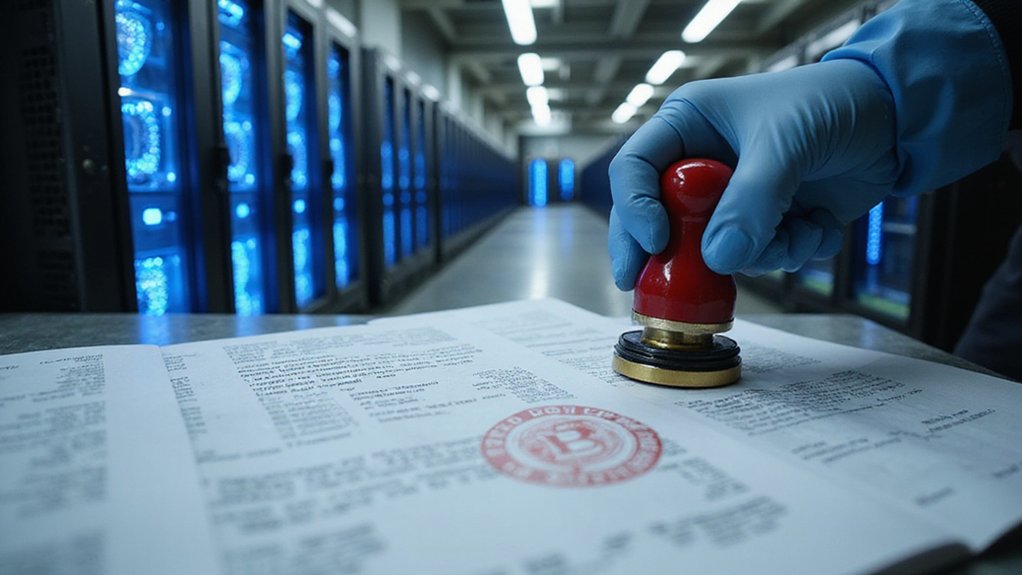The labyrinthine world of cryptocurrency investments, with its volatile markets and decentralized structures, demands an equally sophisticated approach to security.
As digital assets continue their inexorable march into mainstream finance (despite occasional spectacular implosions), investors must navigate a landscape where a single misstep can result in irrevocable loss.
The quintessential safeguard begins with private key management—a concept that somehow remains elusive to those who, paradoxically, entrust their financial futures to exchanges with questionable security protocols.
Smart investors recognize that cold storage wallets represent the gold standard for asset protection.
Cold storage wallets stand as impenetrable fortresses against the digital marauders that prowl the cryptocurrency landscape.
These offline repositories—impervious to remote hacking attempts that plague hot wallets—serve as digital fortresses for one’s crypto holdings.
Most cryptocurrency owners consider offline storage worthwhile despite the slight inconvenience for trading.
Equally critical is the protection of seed phrases, those seemingly innocuous strings of words that, if compromised, render one’s digital wealth as defenseless as a paper wallet in a rainstorm.
Network security cannot be overlooked in this ecosystem.
Encryption methods, continual monitoring systems, and properly configured firewalls constitute the triumvirate of defense against malicious actors—who, it is worth noting, grow increasingly sophisticated with each passing day.
The judicious use of VPNs when accessing exchange accounts provides an additional layer of protection that seasoned investors consider de rigueur.
Investors must remain vigilant against phishing attacks that lure victims with fake websites mimicking legitimate crypto exchanges.
When seeking support from exchanges like Coinbase, always use official channels found on their website to avoid potential scams.
Smart contract vulnerabilities represent another theater of potential disaster.
The immutable nature of blockchain—ordinarily its greatest strength—becomes a liability when deployed code contains exploitable flaws.
Thorough auditing by reputable security firms should be a prerequisite before interacting with any decentralized protocol.¹
Two-factor authentication, while seemingly elementary, remains woefully underutilized.
Its implementation creates a substantial barrier against unauthorized access—a small inconvenience that pays immeasurable dividends.
Regular security audits, strong password protocols, and regulatory compliance round out the fundamentals of a robust crypto security regimen.
The question is not whether these measures are excessive, but rather: can one afford to ignore them in a space where recovery options are virtually nonexistent?
¹The “code is law” paradigm offers little comfort when that code contains exploitable vulnerabilities.









